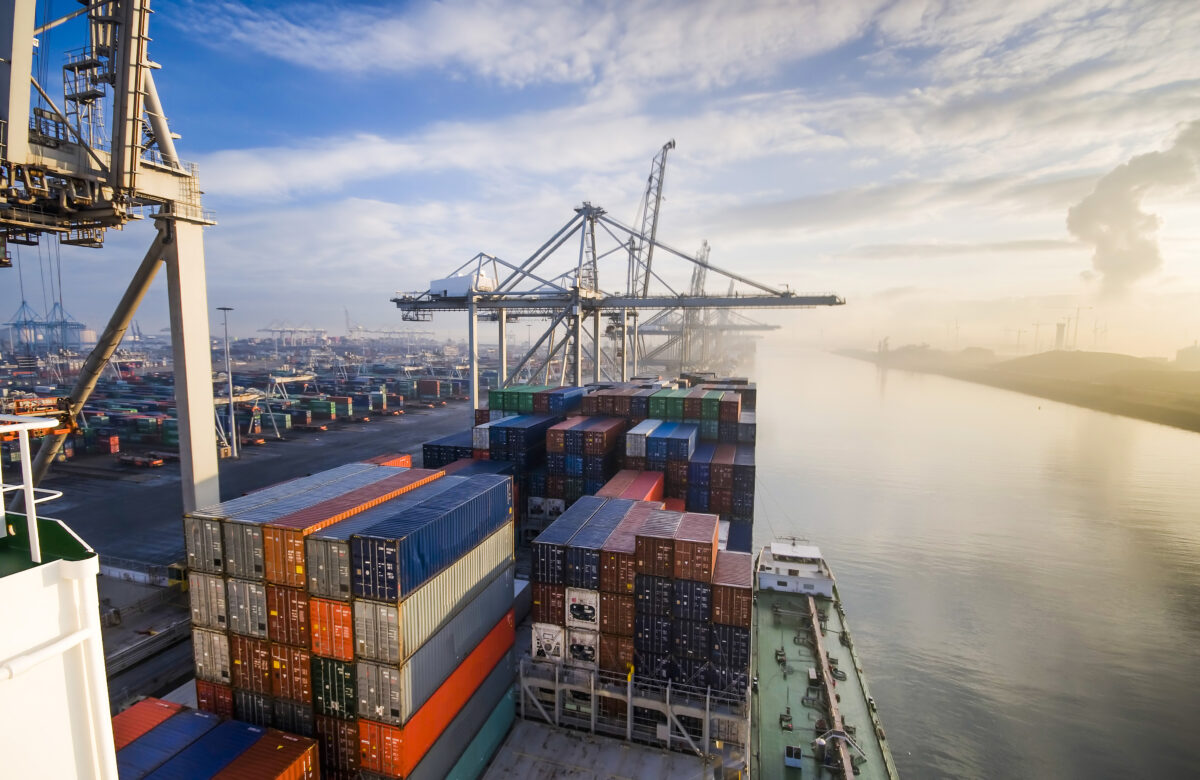That Right of origin of the Pan-Euro-Med Agreement will be significantly expanded. The aim is to treat all participating states as a supra-regional area of origin. Companies are thus increasingly benefiting from Tariff preferences. The Commission has now announced the start of application of the extended rules of origin between the individual participants.
For those responsible for foreign trade, this extension is an ideal time to examine whether import duties can be saved through the use of tariff preferences.
In the Regional Agreement on Pan-Euro-Mediterranean preferential rules of origin, the EU, the EFTA countries, the Mediterranean countries of the Barcelona Process and the Western Balkans have committed themselves to creating a preferential zone (Pan-Euro-Med zone).
Pan-Euro-Med preferences through diagonal cumulation
A recent Commission Communication contains two tables setting out the date from which the rules of origin apply between the parties. This involves the application start of diagonal cumulation. This means that the states of a preference zone grant preferences for products even if the starting materials of the end product originate in other states of the preference zone. The diagonal addition means that the country to which the final product is delivered does not necessarily have to have been involved in the production of the starting materials. The Pan-Euro-Med zone provides for pan-European cumulation to be extended to the Mediterranean region.
However, the granting of preferences depends on the conclusion of reciprocal free trade agreements by all countries involved in a production process. As a result, the cumulation right is very opaque and complex.
The experience of our lawyers in customs law shows that far too few companies pay attention to the right of origin, because a lot of money can be saved here. We'll check if you have any preferences.
Dieser Artikel wurde am 9. August 2018 erstellt. Er wurde am 30. September 2023 aktualisiert. Die fachliche Zweitprüfung hat Rechtsanwalt Dr. Tristan Wegner durchgeführt.

